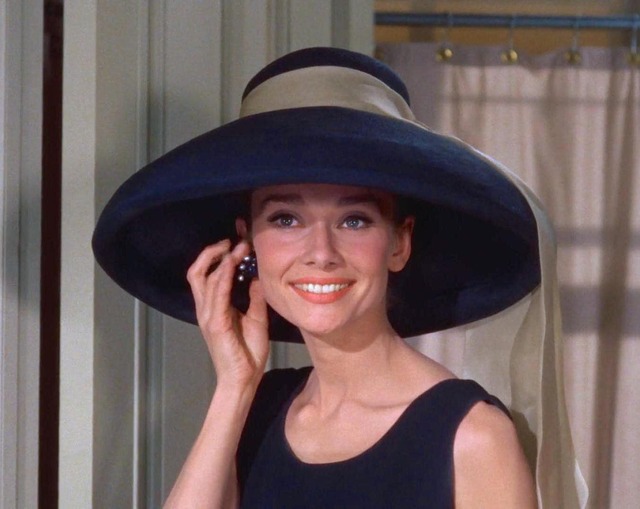How To Say “Thank You” & “You’re Welcome” In Polish

Unsplash: Severinus Dewantara
There’s an old saying that goes something like it is never strange to say dziękuję or thank you. And if you think about it, that old saying has some truth to it because expressing thank you really isn’t a strange thing to do. Well, I guess it would only be a bit strange if you said it in situations where you don’t need to say thanks. Like when you accidentally get a paper cut after filing lots and lots of papers. You don’t say thank you there, but you might possibly say ouch. Or like when you over bake a dozen chocolate chip cookies. You don’t say thank you there, but you might possibly wince because now you have very, very crispy cookies.
After a dziękuję or thank you, proszę or you’re welcome is the expected polite response. Depending on the situation, you can also use other versions of you’re welcome like spoko or no problem. These responses are two ways to show acknowledgement and appreciation of gratitude. These responses are also not strange responses because they are commonly used by many people on various occasions.
- thank you: dziękuję (jen-koo-yeh)
- thank you very much: bardzo dziękuję (bar-dzo jen-koo-yeh)
- thank you very much: dziękuję bardzo (jen-koo-yeh bar-dzo)
- thanks a lot: wielkie dzięki (vyel-kee jen-koo-yeh)
- thanks: dzięki (jen-kee)
- thank you for the gift: dziękuję za prezent (jen-koo-yeh za pre-zent)
- I appreciate it: jestem ci wdzięczny (yes-tem chee vee-jen-tchnyee)
- you’re welcome: proszę (pro-she)
- you’re welcome: proszę bardzo (pro-she bar-dzo)
- don’t mention it: nie ma za co (nye ma za tso)
- it’s nothing: drobiazg (droh-bee-azg)
- happy to help: cieszę się, że mogłem pomóc (che-sheh sye zhe moh-gwem poh-mots)
- no problem: spoko (spoh-koh)
- no problem: nie ma problemu (nyeh mah pro-bleh-moo)


